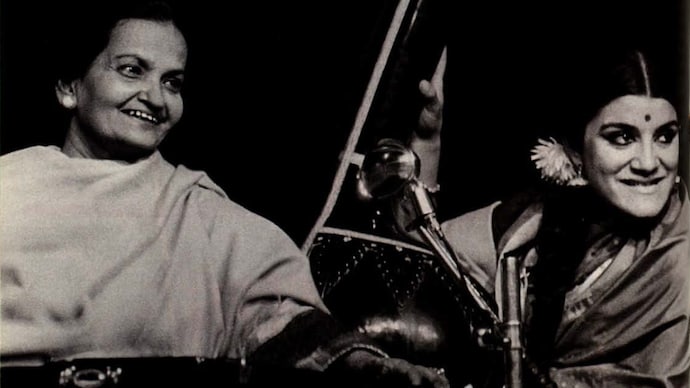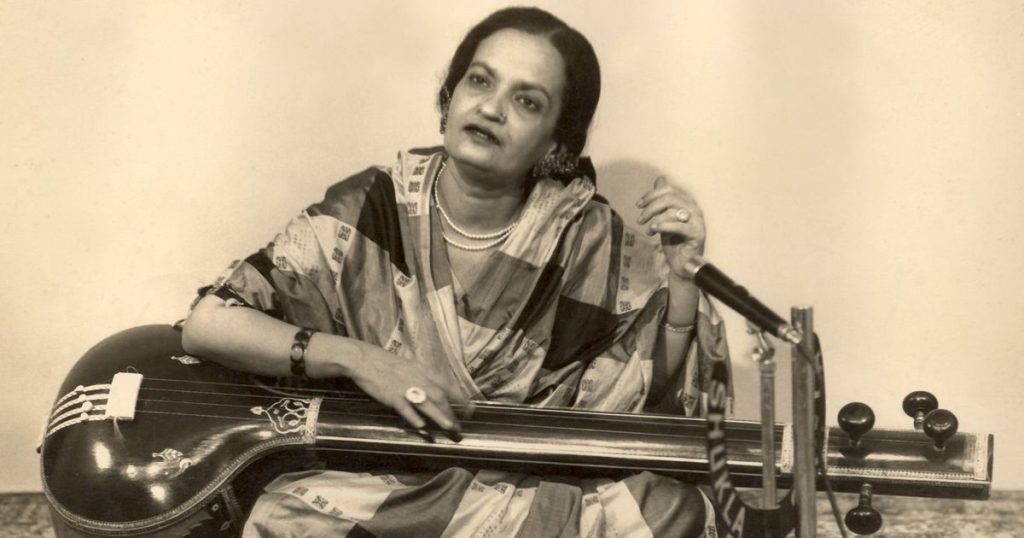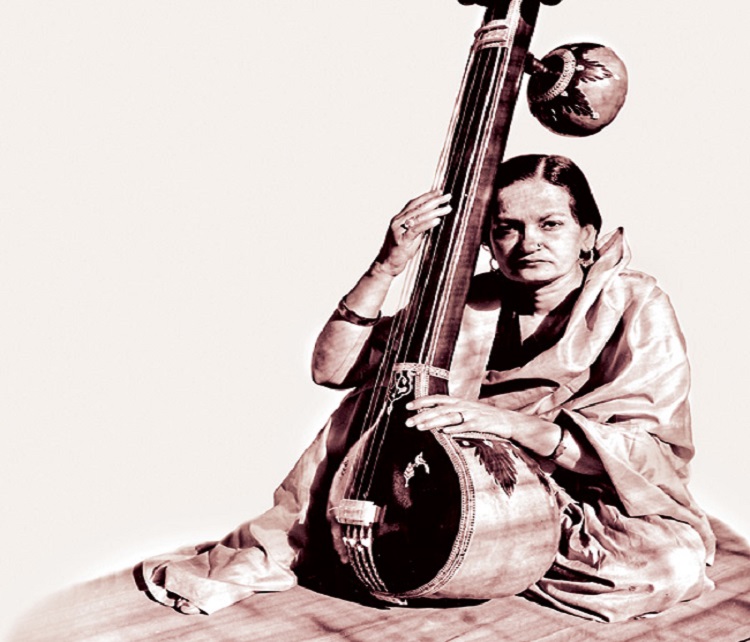
Begum Akhtar: A Melody of Elegance And A Quest For Respect In Indian Classical Music.
Date:

Share post:
In the realms of Indian classical music, Begum Akhtar’s name resonates with elegance, passion, and an indomitable spirit. The legendary singer’s mellifluous voice captivated hearts and brought to life the soul-stirring compositions of ghazals and thumris. However, behind the mesmerizing melodies lay an untold desire, a quest for respect amidst nobility—a longing to attain what her mother never had.
Begum Akhtar, born as Akhtaribai Faizabadi in 1914, hailed from a humble background in Faizabad, Uttar Pradesh. Her mother, Mushtari Bai, was a courtesan, known as a tawaif, who performed in the courts of royalty. In those times, tawaifs were regarded as skilled entertainers but often faced societal prejudice and were not respected as artists. They were trapped in a world of glamour and admiration but were denied the honor and recognition they truly deserved.
It was within this backdrop that young Akhtaribai found her calling. Inspired by her mother’s talent and determination, she yearned for a different destiny—one where her artistry would be celebrated on its merits, devoid of social stigma. At the tender age of seven, she started receiving formal training in Hindustani classical music. Her exceptional talent was quickly recognized, and she soon became the protege of renowned musicians such as Ustad Imdad Khan and Ustad Ata Khan.
As Akhtaribai’s prowess in music grew, so did her determination to break free from the confines of societal norms. She transformed herself into Begum Akhtar—a name that symbolized her journey from a tawaif’s daughter to a dignified artist. With sheer determination and relentless practice, Begum Akhtar honed her skills and carved a niche for herself in the world of classical music. Her expressive voice, coupled with her impeccable command over raagas and thumris, won her accolades and a legion of admirers.

Begum Akhtar’s yearning for respect amidst nobility became more pronounced as she began performing in elite gatherings, where she sang for aristocrats and members of the royal families. She held her head high, defying the societal barriers that threatened to confine her to the limited role of a tawaif. Through her performances, she endeavored to prove that her art transcended social status and that talent knows no bounds.
Despite her phenomenal success, Begum Akhtar’s quest for respect extended beyond her personal achievements. She became an advocate for the recognition and upliftment of women artists, especially those who belonged to the tawaif community. She fought for their rights and tirelessly worked towards dismantling the prejudices that plagued their lives. Through her music and activism, she aimed to redefine the narrative surrounding tawaifs and create an environment where they would be respected as artists and valued members of society.
Also Read :What is Technological Revolution? History, Types of Technological Revolution

Begum Akhtar’s legacy continues to inspire generations of musicians and music enthusiasts. Her untiring spirit and relentless pursuit of respect amidst nobility left an indelible mark on the history of Indian classical music. She showed the world that talent, perseverance, and a strong desire for change can break down even the most entrenched barriers of society.
In the quest for respect, Begum Akhtar not only fulfilled her own aspirations but also paved the way for future generations to pursue their dreams without being limited by their social backgrounds. Her journey stands as a testament to the power of music to transcend boundaries and the enduring human spirit to seek recognition and dignity.
In conclusion, Begum Akhtar’s life and artistry were driven by a quest for respect amidst nobility. Her desire to attain what her mother never had propelled her to overcome societal prejudices and establish herself as a celebrated artist. Through her music and advocacy, she sought to redefine the status of women artists and elevate the position of tawaifs in society. Begum Akhtar’s legacy is a reminder that the pursuit of respect and recognition is a universal human endeavor that transcends social barriers, inspiring generations to embrace their true potential.
Also Read :Who is Oprah Winfrey? – Biography and Success Story Of Oprah Winfrey
